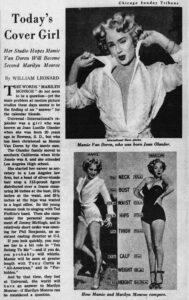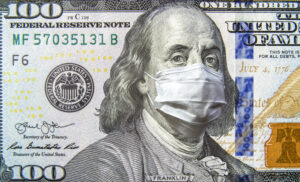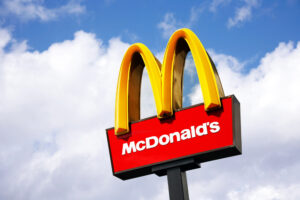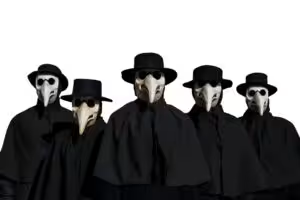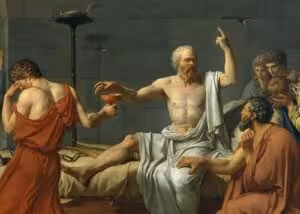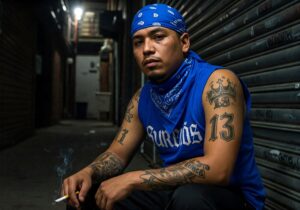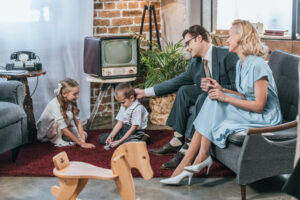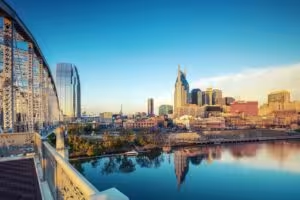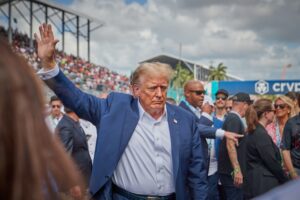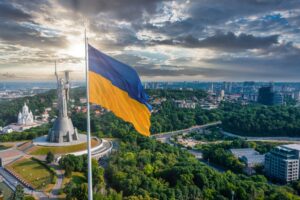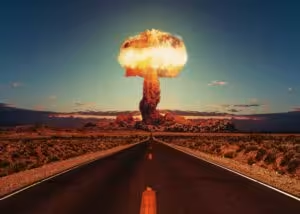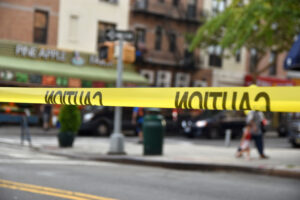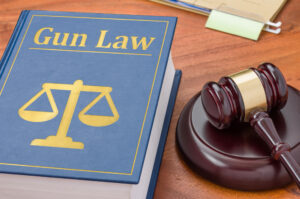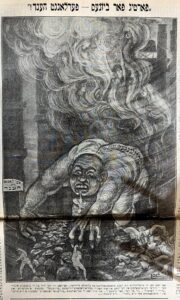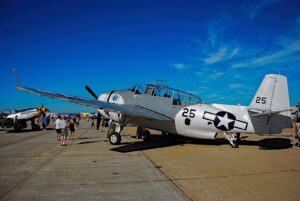The only entrance to the Cocoanut Grove was the revolving front door. Other exits had been bricked or welded shut during Prohibition when the club was one of Boston’s hottest speakeasies. Now, a year into World War II, it was still one of Boston’s swankiest nightspots – a version of Rick’s Cafe Americain in Casablanca. It had edge, it had style and it had wide lapels. The owner was ‘in with the mayor’ – what he saved on taxes he added to by not bothering to rectify obvious safety violations; and city officials turned a blind eye.
The legal capacity of Cocoanut Grove was 460 people. On Saturday November 28 1942 nearly 1,000 patrons, entertainers and staff were dining and dancing. Downstairs in the Melody Lounge a young couple looking for a moment’s privacy unscrewed the light bulb over their booth. The barman told a busboy to replace it. The boy stood on a chair and lit a match to find the socket. As he leaned forward, the flame caught the silk ceiling hanging that covered the room. Fake palm trees turned the room into a fiery inferno which mushroomed up the stairwell and sent an explosive fireball through the dining room. The only exit from the Melody Lounge was bolted; piles of blackened corpses showed where terrified patrons had stormed the blazing stairwell. Upstairs the revolving door was jammed with people clawing for the freedom of the other side of the glass. The 26 fire engines and 187 firefighters could do nothing to prevent people dying.
There was talk of sabotage, because 50 sailors died and the club represented the America the boys were fighting for. But everyone also knew that its chic and gaiety were part of a rip-roaring, gangster mentality that sold escapism for profit – and fatally sold it short.
When was the Cocoanut Grove Fire: November 28 1942
Where was the Cocoanut Grove Fire: Cocoanut Grove, Piedmont Street, Boston, Massachusetts, USA
What was the Cocoanut Grove Fire death toll: 492 dead, including a honeymoon couple, all four servicemen sons of a Wilmington family celebrating their leave, and Buck Jones, the Hollywood cowboy movie star.
You should know: The Grove’s owner was jailed for involuntary manslaughter for three and a half years; the busboy was exonerated; and the Boston Licensing Board prohibited any club from ever again using the name ‘Cocoanut Grove’. The disaster resulted directly in the creation and enforcement of safety laws in more or less the way we now recognize them, witness statements referred to a ‘flashover’ and 50 years later this was confirmed by a former Boston firefighter whose research revealed the presence at Cocoanut Grove of methyl chloride – a highly flammable gas propellant used in refrigeration in place of freon, which in wartime was in short supply.


